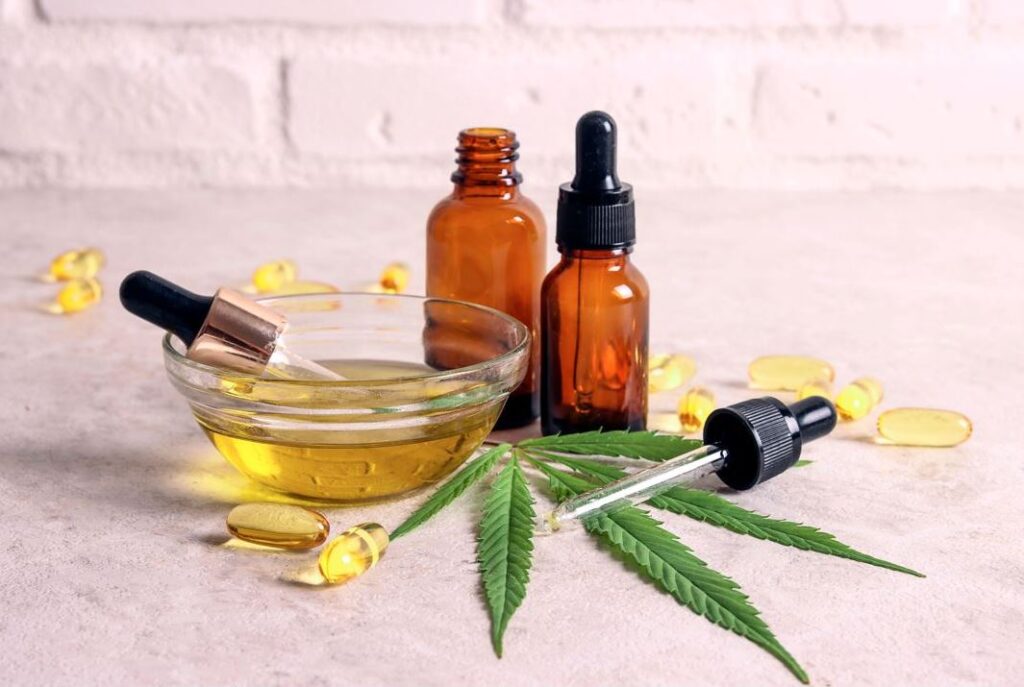What is hemp used for medically? While its uses are far-reaching and diverse, hemp’s medicinal uses are particularly noteworthy. The most common use for therapeutic hemp is CBD oil. Many studies have shown that CBD (the non-psychoactive cannabinoid found in hemp) has numerous health benefits. It may help treat pain, inflammation, sleep problems, anxiety, and depression.
Moreover, hemp oil is high in omega-3 fatty acids, essential for brain development and heart health.
Omega 3s also help reduce inflammation throughout your body which can lead to less pain from arthritis or other conditions like Crohn’s disease. You can add hemp oil to salads or use it in cooking recipes such as stir-fry dishes or tacos where you might otherwise use olive oil!
Hemp seed benefits include its unique nutritional profile. The seeds are rich in protein, essential fatty acids (EFAs), iron, zinc, magnesium, phosphorus, and iodine. The health benefits associated with hemp seeds include the following:
Besides being popular as a dietary supplement, the hemp seed oil is also prevalent in cosmetics and other personal care products. Manufacturers also extract hemp seed oil from the seeds to make soap or lotion products like body lotions or lip balms.


